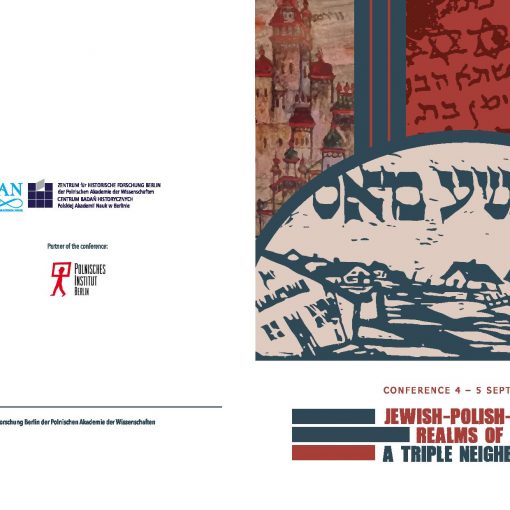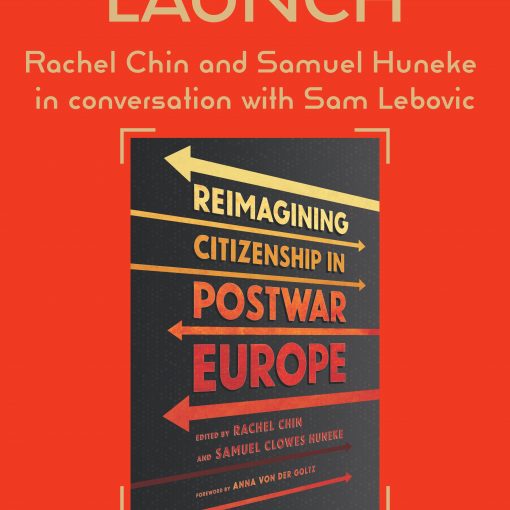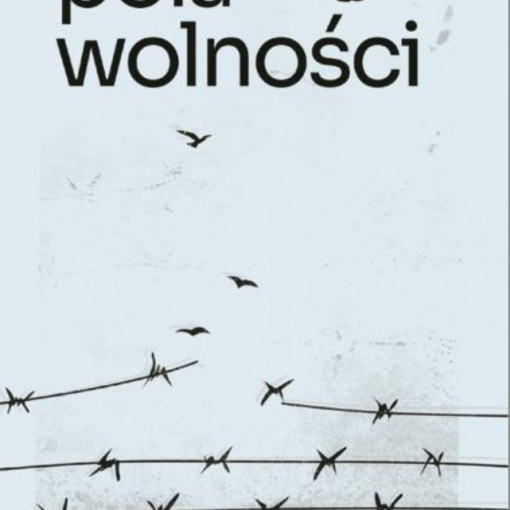Michal Frankl published his new article entitled “Vast Workshop and Laboratory: Labor and Refugees to the Bohemian Lands and Czechoslovakia, 1914–39” in the Austrian History Yearbook (2024).
As a part of the conversation in the forum “Austria and the Czech Republic as Immigration Countries: Transnational Labor Migration in Historical Comparison” his article revisits the history of refugees in the Bohemian Lands and Czechoslovakia, from World War I until the occupation by Nazi Germany in 1939. Taking stock of existing research, it suggests alternative lines of thinking about the management of migrants’ labor and contributes to the wider discussion about how to conceptually combine refugee studies and research on labor migration. For analytical purposes, it focuses on three distinct state approaches to managing refugee labor that often existed in parallel: mobilization of refugee labor in a crisis situation, the support of labor as a pathway to future citizenship, and the denial of work as a sign of statelessness. These three approaches show how refugees’ work impacted their status, communicated ideas about the future, and reproduced hierarchies defined by ethnicity, class, or political persuasion.



